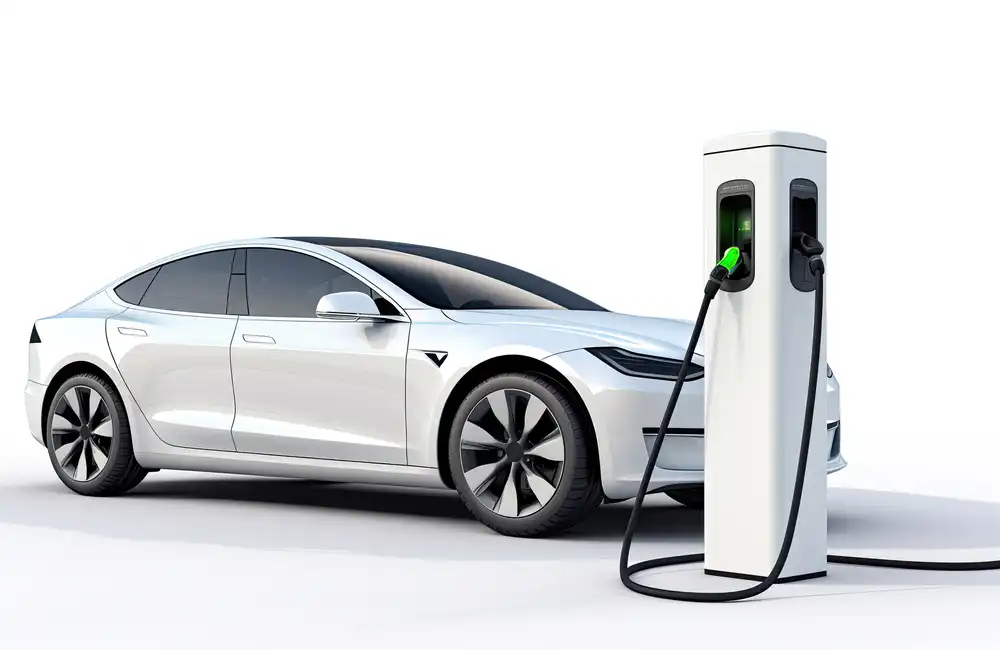The British government made changes to electric vehicle sales targets to support its automotive industry which faces serious challenges from new U.S. trade tariffs.
The adjustments represent a comprehensive approach to manage economic consequences while maintaining progress toward zero-emission vehicle adoption. The article examines recent policy developments alongside U.S. tariff impacts and evaluates the investment prospects and hazards within the UK automotive sector taking into account conditions as of April 22, 2025.
Introduction to the Policy Shift
The UK government announced revised EV sales targets to assist local manufacturers impacted by the new 25% U.S. vehicle tariffs. The new policy includes extended compliance deadlines, reduced penalties, and exemptions for small-volume luxury manufacturers. While traditional carmakers welcome the relief, pro-EV groups warn it will slow climate progress.
Details of the Policy Changes
- Full hybrid and plug-in hybrid sales permitted until 2035, delaying full EV deadline from 2030.
- EV non-compliance fines lowered from £15,000 to £12,000 per vehicle.
- Small-volume manufacturers like McLaren and Aston Martin granted EV target exemptions.
The Impact of U.S. Tariffs
U.S. tariffs on UK-made cars triggered these regulatory changes. JLR and other major exporters face immediate margin compression, surplus inventory, and halted shipments. The broader impact includes disrupted supply chains, weakened competitiveness, and potential job losses at UK plants.
Market and Industry Reactions
The SMMT supports the relaxed targets, citing reduced manufacturer strain. EV-focused firms like Polestar and climate advocates criticise the decision, warning of slowed infrastructure growth and deviation from climate goals. The policy reveals a rift between economic recovery priorities and environmental commitments.
Investment Considerations
Opportunities
- Established Manufacturer Support: Relief measures could boost sentiment around JLR and similar firms.
- Luxury Brand Flexibility: McLaren and Aston Martin may maintain profitability by delaying EV conversion.
- Global EV Trends: International EV momentum may benefit firms still aligned with global standards.
Risks
- Slower EV Infrastructure Growth: Lower demand may dampen investor returns in EV supply chains.
- Regulatory Instability: Frequent shifts in EV policy undermine investor confidence.
- Trade Volatility: Ongoing U.S.-UK disputes increase risks for export-reliant automakers.
A Balancing Act for the UK
The government seeks to support manufacturers while continuing the EV transition. However, this pivot creates tension between economic protectionism and environmental progress. Investors must assess short-term gains in legacy auto firms against long-term climate-related risks.
Conclusion
The UK's relaxation of EV sales targets highlights the intersection of trade friction, economic strategy, and sustainability. Investors who understand these shifts can uncover opportunities within traditional auto firms, EV innovators, and global exporters. Ongoing regulatory and trade developments will shape how the sector performs in the medium and long term.

















